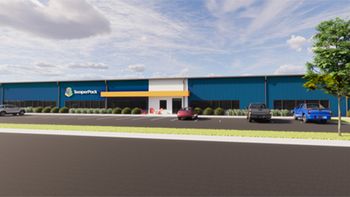
CRM vendor Veeva goes public; begins shifting focus to cloud services for life sciences
Veeva Network for compiling physician master-data lists and related prescriber data has initial customers
Veeva (Pleasanton, CA), said to be the fastest-growing CRM vendor in life sciences, went public on the NY Stock Exchange on Oct. 16; initially priced at $20 per share, the company’s stock popped 87% in its first day, closing at $37.37, while generating $261 million for the company.
In the runup and now subsequent to its IPO, the company is shifting its identity from a CRM vendor riding the iPad wave to a “cloud services for life sciences” company, says newly promoted president, Matt Wallach. It has followed through on
Veeva Network, which now has four bipharma companies in its early-adopter program, presents an especially intriguing potential. Wallach says that life sciences customers it has approached are uniformly enthusiastic about sharing their master data on physicians—a form of “crowdsourcing” in which the pooled results benefit all participants. In theory, as Veeva CRM clients input their routine sales call data into Veeva repositories, those data will quickly become an accurate, up-to-the-minute database of physician locations, contact information, licensure and email addresses, with professional affiliations also a strong possibility. Currently, a dozen or so vendors sell these master data lists to manufacturers; for Veeva customers, those data essentially become free. To this end, the company acquired one of these
In practice, says Wallach, the basic master data will be shared, but each Veeva client will be able to create its own data-field extensions to store proprietary data on, for example, physician response to sales messaging. At some point—but not yet—Veeva Network will be available to non-CRM clients.
Newsletter
Stay ahead in the life sciences industry with Pharmaceutical Commerce, the latest news, trends, and strategies in drug distribution, commercialization, and market access.




